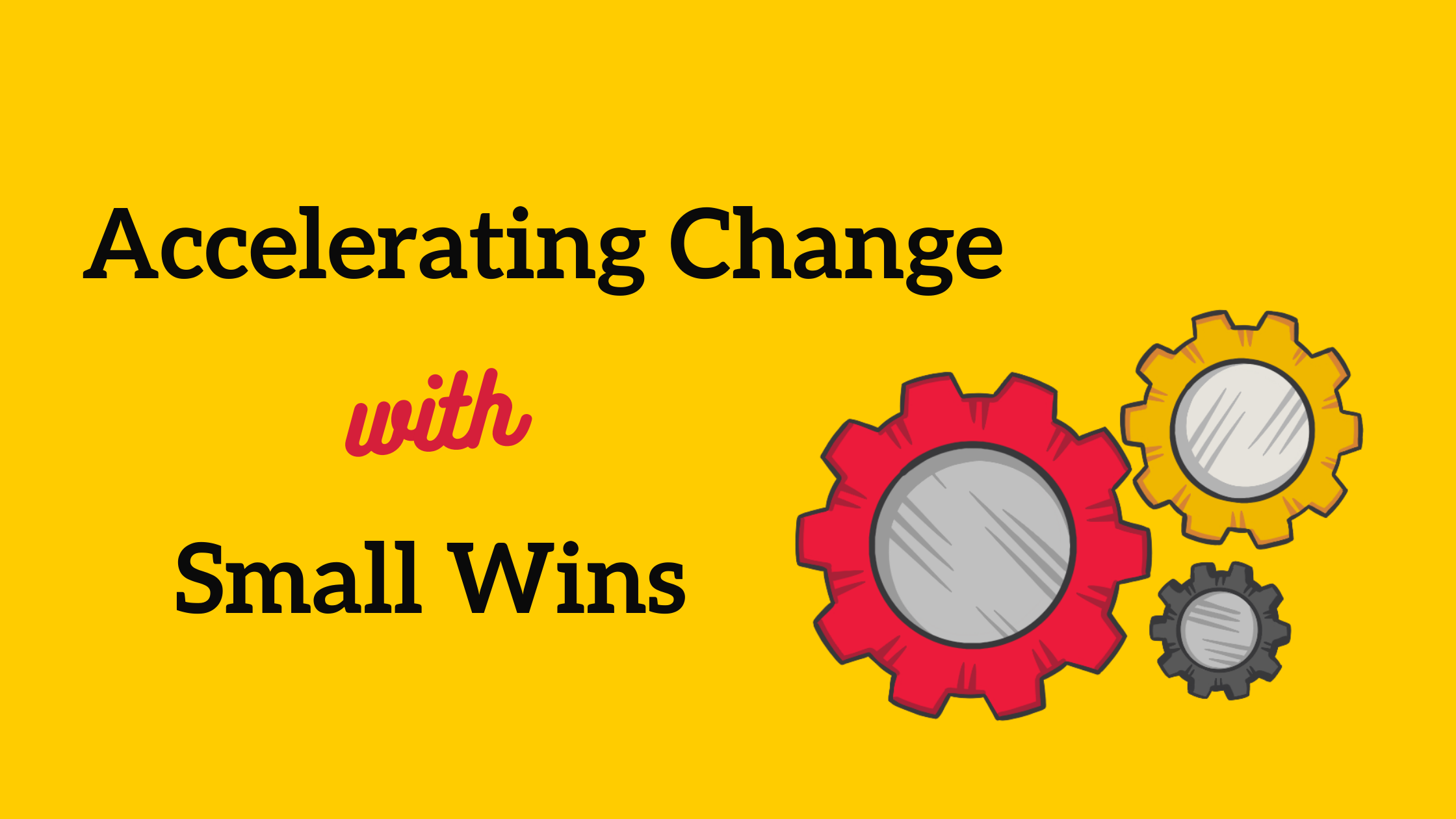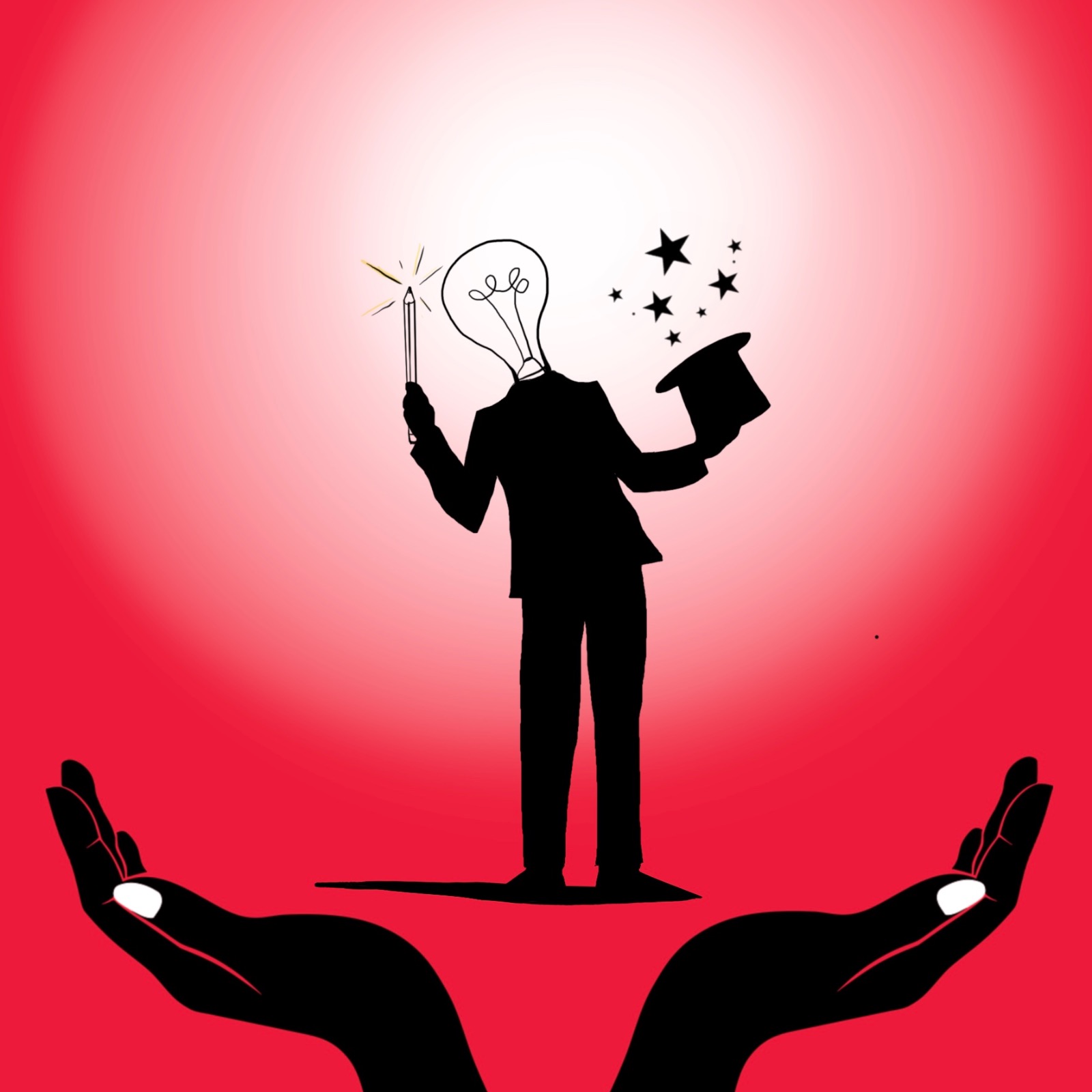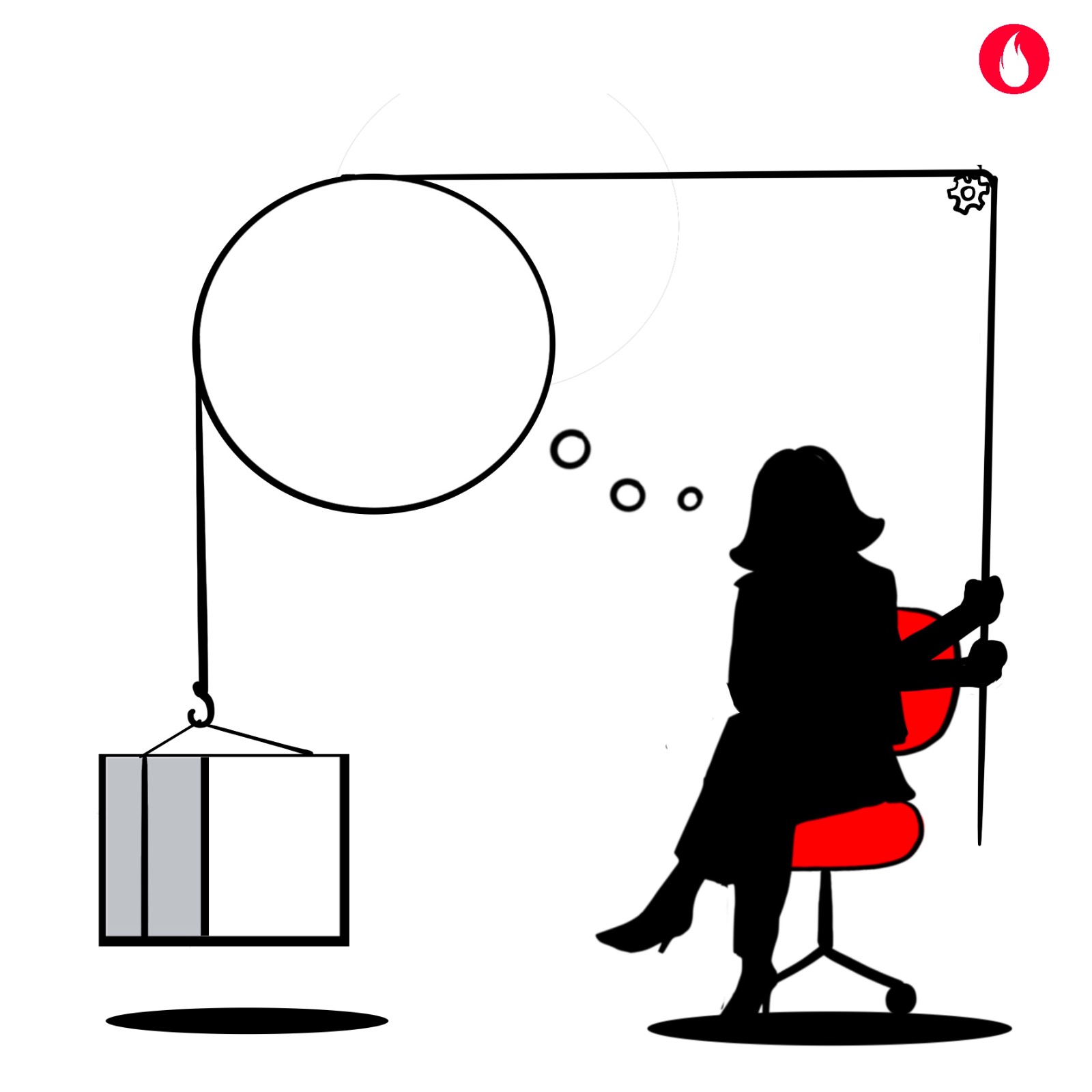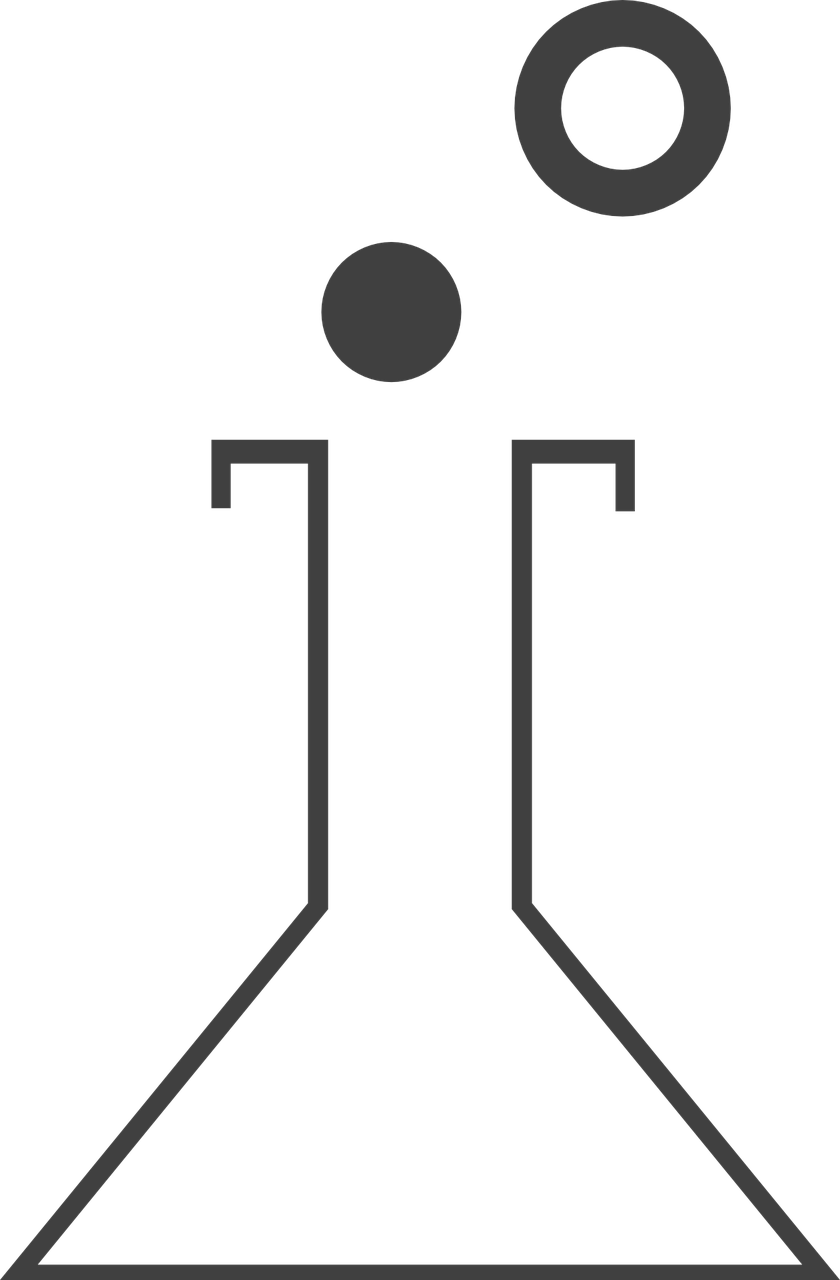PayPal kicked off an organisation wide transformation. They created a shared language and addressed unspoken fears amongst employees to enhance adoption of the changes. It was still a mammoth change for all employees. PayPal reorganized 400+ projects into 15 product lines impacting all employees. It was a change not just in reporting structures but processes, technology and tools. The IT team, in particular had to make crucial decisions about the future technology to adopt. In our line of work we experience teams getting overwhelmed when there are so many changes. But this is a story of how the Technology team in PayPal leveraged the power of small wins to accelerate change.
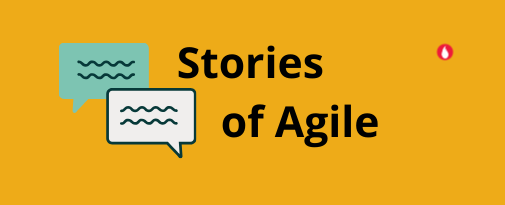
Agile Stories
It was early 2013, PayPal was going through a transformation. They were adopting Agile and transforming their ways of working. The Tech team was exploring new technologies and migrating to the cloud to improve efficiency. This transition came with its own constraints – PayPal team had a mandate of 99.9999% uptime for their systems. They were processing 2 lakh payments a day. Which meant the team had to ensure no existing customer transaction was affected by this migration. Many key decisions lay in front of the team. Which technology should they bet on? There was no option available that fit their needs entirely. Each would need to be built on further. They only had a few months to get this done. The team was unsure and faced with two choices.
In the first choice, they could take the time to evaluate the options and try to solve the entire migration challenge. In the second option, they could break the problem into smaller disparate chunks and experiment. PayPal team led by CTO James Barrese chose to experiment and aimed for small wins.
The team at PayPal identified three use-cases or experiments. Since they were small experiments, these would not disturb the existing system in any way. The failure of these experiments would not mean huge loss of time and resources. However, teams could generate useful learnings from these experiments, that they could further build on.
Small wins and change
Small experiments and wins generate the momentum to start and sustain change efforts. Research (Weick 1984, Beer 1991) and our own work has shown many counter-intuitive benefits of small wins. Here are a few:
- Generally, leaders believe they must emphasise the gravity of the situation to get everyone’s attention. This emphasis on gravity shifts the human mind from the rational to the emotional. Teams experience anger, frustration, anxiety and get overwhelmed when confronted with enormous changes.
- By breaking the big challenge into smaller experiments and chunks, teams can fly under the radar. The project now does not need too much co-ordination between teams, approvals and resources. This creates a sense of control and agency for the team managing it. Which in turn creates discretionary effort and ownership.
- Small experiments also give team’s the feeling they can achieve this with their existing skills and resources. This propels them towards action than a feeling of helplessness.
Small experiments and wins thus became the building blocks for PayPal’s transformation. Breaking the entire migration into small use-cases and experiments inspired the team into action. They stepped up to the task, experiment by experiment – learning each time. This also prevented the analysis-paralysis that grips most teams and leaders when faced with a decision.
How might we leverage the power of small wins?
The scale at which people think of their problems, impacts their ability to solve them. PayPal’s story is a useful reminder of the power of small wins in accelerating change. How might we use this research backed approach in the current projects we run or personal change and habits we seek?
Apart from one story which captures the human centric change in the world of Agile, the Agile OWL brings to you every fortnight, the latest reads, books, trivia, and quote from the world of Agile and its methodologies. Stuff that caught our attention. This is edition 33 and we carry seven useful links for you. Tell us what you thought of them

From social media:
- This was a twitter discussion recently on whether Jira is more useful or harmful for Agile teams. @ronjefferies weighed in on it further, with this blog post: Jira is more harmful than helpful.
- Its going to be the end of the year soon, out will come annual planning cycles. Do they really work? How can we approach them better? John cutler takes a stab at it in this blogpost.
From the bookshelf:
- The Art Of Avoiding A Train Wreck, is a useful read for Agile coaches. Especially, if they have just got a release train out of the door or are in the process of getting one. The typos do not take away from the content of the book.
From the tool box:
- A periodic table for product prioritization techniques! Each technique is hyperlinked with more resources. This is a fab tool for any of us dealing with products.
From the trivia & fact box:
- PayPal today has 361 million active users. 87.5% of online buyers use PayPal and it has 5.46 billion $ in net revenue in 2021.
Did you know PayPal was voted as one of the worst business ideas in 1999? Link
#AgileQuotes to sign off:
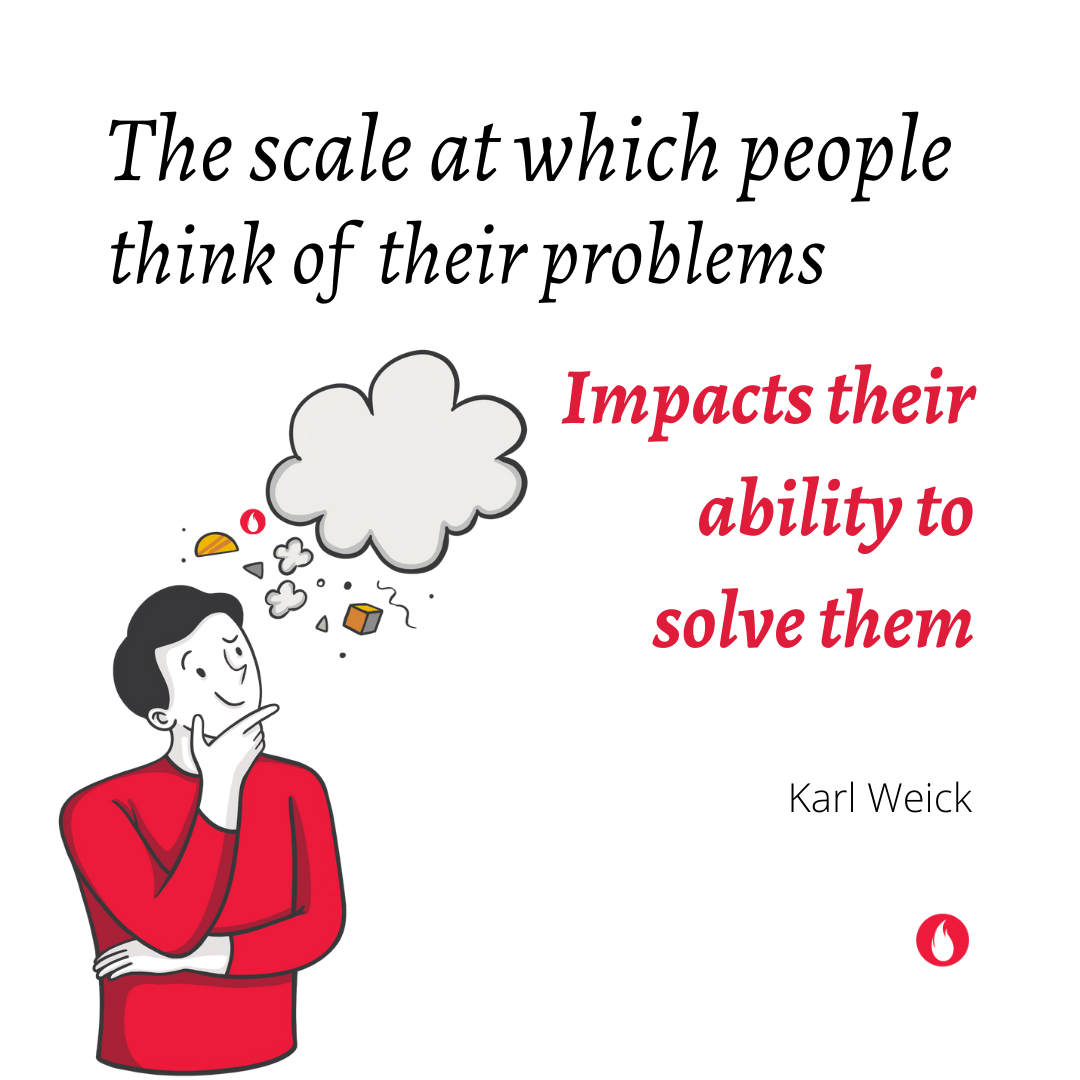
Note : This post is Edition 33 of the Agile OWL from the OWL umbrella. The Agile OWL is a newsletter focused on the human experiences and stories within agile transformations. Sign up to receive the newsletter here
